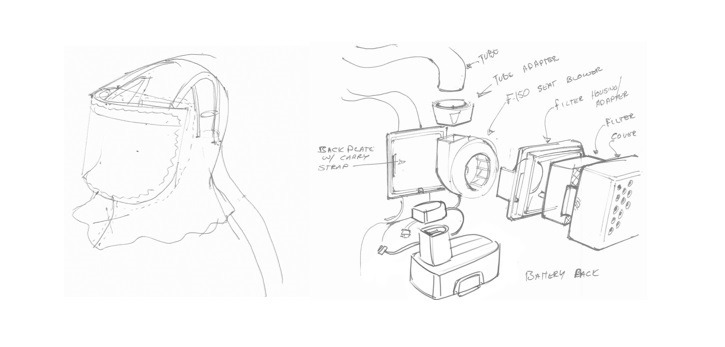Car plants idle, GM and Ford turn to ventilator production
Ford and General Motors may have shut down vehicle production in North America, but that doesn't mean the automaker behemoths are idle. Instead, the two firms have turned their attention to one of the most pressing needs of the coronavirus pandemic, the potentially-deadly shortage of ventilators.
Ventilators are a vital healthcare tool in supporting those infected with COVID-19. They're designed to assist a patient with breathing, including keeping them breathing even when they themselves are unable to. It can mean the difference between life or death, but hospitals across the US – and, indeed, across the world – have warned that ventilator supplies simply aren't there to meet demand.
That's where GM and Ford come in. General Motors announced late last week that it is working with Ventec Life Systems, a ventilator producer, to ramp up supplies. Ventec will tap into GM's logistics and purchasing power, as well as the automaker's manufacturing expertise, to make production more efficient.
"We are working closely with Ventec to rapidly scale up production of their critically important respiratory products to support our country's fight against the COVID-19 pandemic," GM CEO Mary Barra said of the partnership.
Ford, meanwhile, is collaborating with GE Healthcare on a version of the latter's ventilator, which would be simplified from the current design. That could be produced not only by GE Healthcare, but on Ford's production lines that would normally be busy building cars and trucks.

At the same time, Ford is also working with 3M on new powered air-purifying respirator (PAPR) designs. These are individual masks for healthcare providers to wear, ensuring a clean supply of air as they attend to patients. Notably, the designs tap into readily-available components ordinarily expected to go into Ford vehicles.
Off-the-shelf fans that might normally power the ventilated seats in certain F-150 models, for example, could be combined with 3M's HEPA air filters. The readily-available rechargeable batteries more commonly found slotted into drills and other power tools could be relied upon to keep the PAPR systems running over the course of medical shifts. Ford believes the makeshift masks could run for up to eight hours at a time before the battery needed recharging.
The goal is to figure out a design for the PAPR masks that could be produced at Ford facilities by UAW workers. That, it's suggested, might boost the availability of the respirators tenfold. Ford is also working on transparent full-face shields – protecting the wearer's eyes, nose, and mouth from liquids and bodily fluids that could carry the COVID-19 virus – which it hopes to have 75,000 of this week. Assuming that goes to plan, it could end up producing 100,000 a week at a Ford subsidiary in Michigan.
